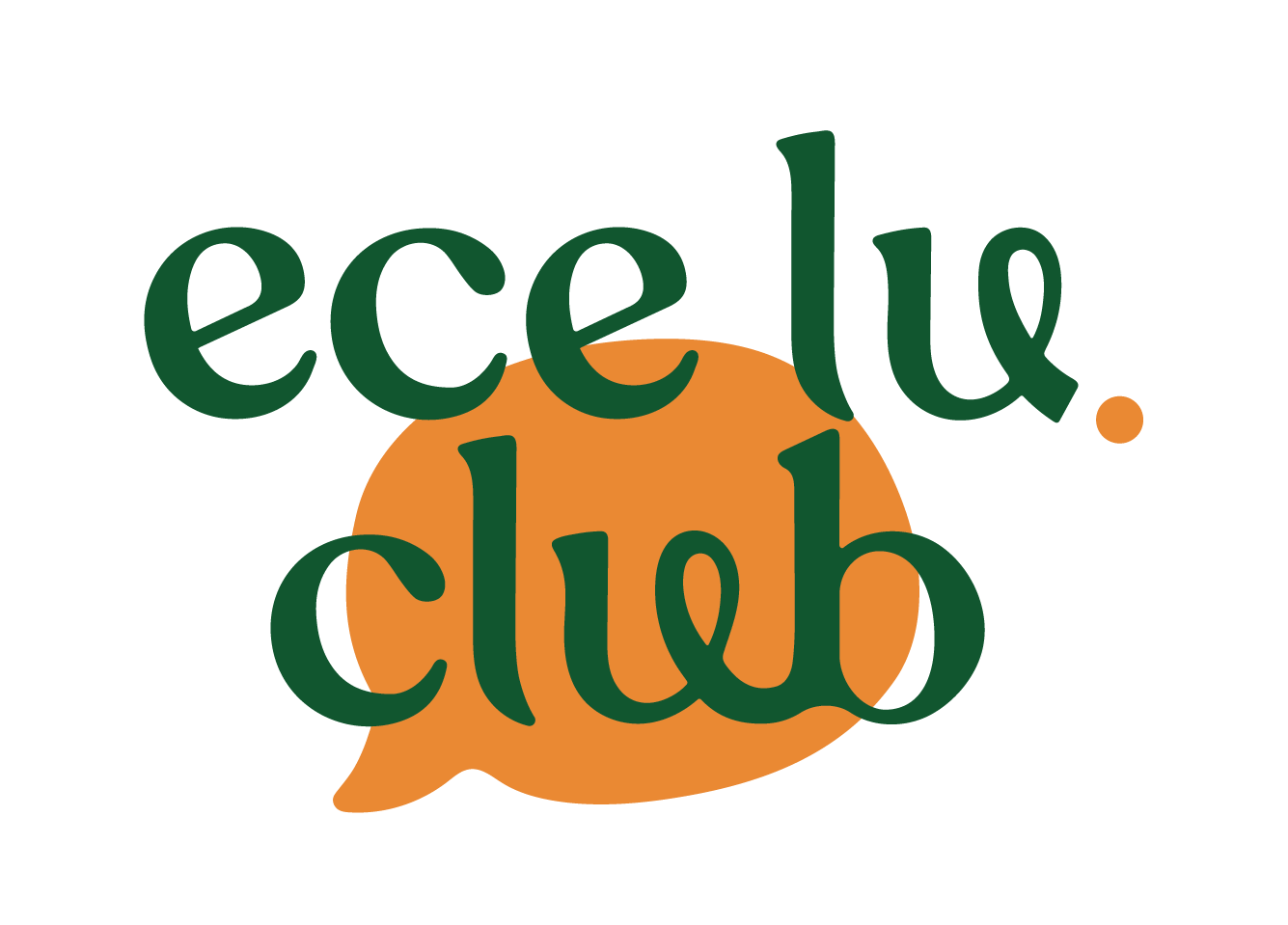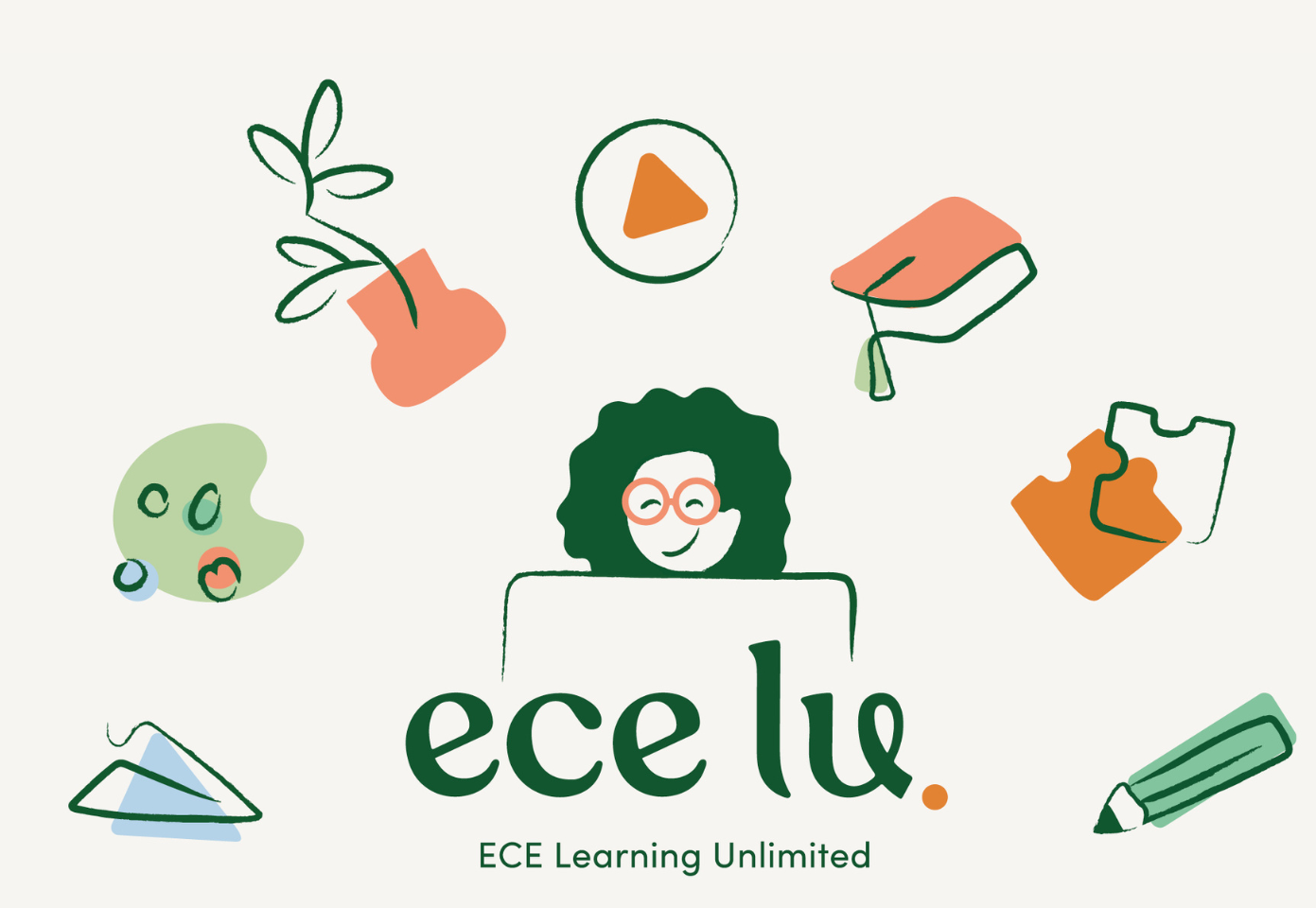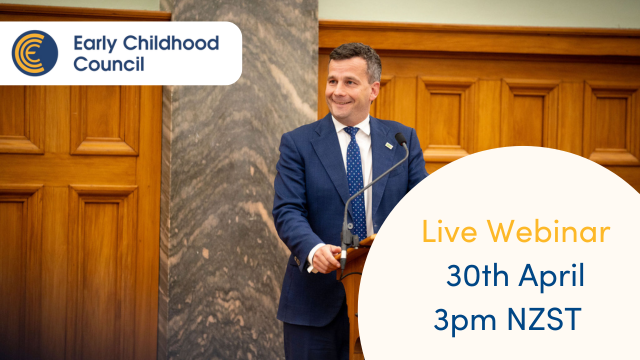I have always believed, strongly, that infant and toddler care and education is a specialised field which means, of course, it requires specialised practices. I know that many of you will agree with me on this. I, however, go a bit further and say, if we have infants and toddlers in our centres we should be implementing some type of a primary care programme, no debate, no question!
This sentiment has come from working with infants and toddlers over the last 25 years, and by having the privilege to be part of several research projects as well as my own doctoral study. These experiences have shown me that the needs of infants and toddlers in childcare are unique and cannot be supported adequately without some type of a primary care system.
So, what does primary care mean?
A primary care system is where, in childcare settings, teachers are assigned responsibility for specific children. It is a way of working in infant and toddler settings where the whole focus and organisation is aimed at enabling and supporting close attachments between individual children and individual teachers. These teachers take on the principal role for the infants’ or toddlers’ holistic care, such as the child’s care routines, nappy changing, eating, sleeping times, and wonderment moments.
A key part of the primary care role is in the teachers intentional development of supportive and responsive relationships with infants/toddlers and their families/whānau. Each child is allocated to a specific teacher, who has the responsibility for a small group of children. This allocation is not just for the settling in period nor is it just for the writing of the child’s profile/portfolio. This allocation is a commitment to that child to be there for them, to get to know them, to learn to understand them, to protect them and to honour them.
“Every child needs at least one adult who is irrationally crazy about him or her.” Urie Bronfenbrenner
We as teachers know that relationships are at the core of what we do when working with infants and toddlers. Therefore, we need to have organisational structures in place to ensure that close, sensitive, responsive and consistent relationships can develop. These all-important relationships take time and skill, and they cannot be left to develop by accident; they should be intentional and planned for.
This intentionality of practice is where the primary carer or key teacher can deliberately make time to be ‘present’, to respond predictably and sensitively to the infants and toddlers changing needs and preferences, and to ensure that teachers can engage in daily routines that build a sense of safety and security.
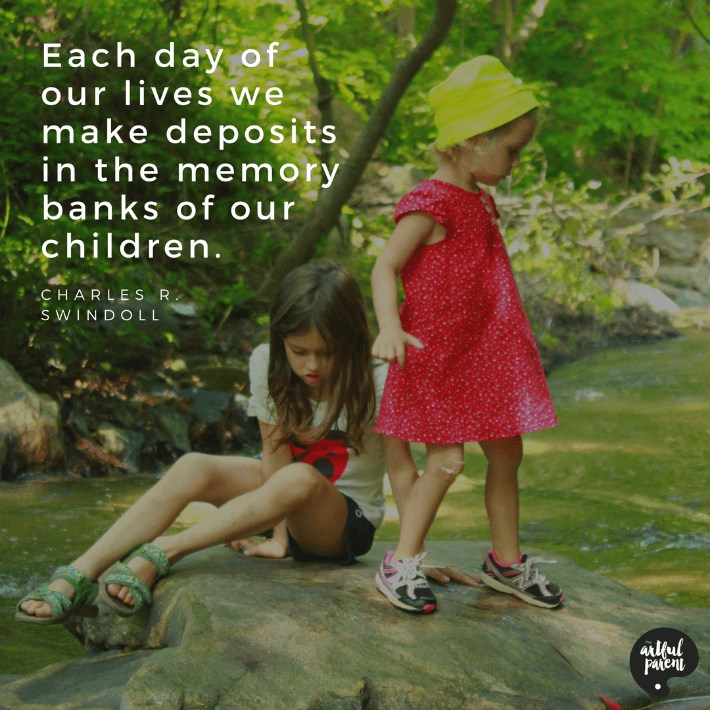
The Effective primary care programme will enable teachers to engage in interactions to promote heightened levels of intimacy through sensitive responsiveness. These relationships require a commitment to being sustained and continuous and should avoid disruption and interruption, such as continuous changing of teachers, including the constant rotating of teachers through positions (rosters). Such intimate relationships, that are a key requirement when working with infants and toddlers, are developed through the complex reading of children’s body language, and a deep understanding of the very subtle cues given by children of this age. The reality is that in-tune teachers who have had the ability to truly know the children they care for are more able to quickly and correctly pick up on these subtleties.
“Predictability brings about security” (Magda Gerber)
My suggestion would be if you have been thinking about making some changes and moving into a primary care system now is the time, 2021 is as good a time as any to throw some new ideas or thinking into the mix. We have already had a crazy 2020 that has shown us that things can change in a blink of an eye and that we are actually very resilient. But I know only too well that Implementing a primary care system is complex and messy; it requires buy in from all team members. It means you need to be comfortable about being uncomfortable as you explore and unpack new and maybe, at times, some scary thinking. However, I say be brave and go for it, after all every one of us only wants the very best for the infants and toddlers in our care.
“If you always do what you always did, you’ll always get what you always got” (Einstein)
“Predictability brings about security” (Magda Gerber)
My suggestion would be if you have been thinking about making some changes and moving into a primary care system now is the time, 2021 is as good a time as any to throw some new ideas or thinking into the mix. We have already had a crazy 2020 that has shown us that things can change in a blink of an eye and that we are actually very resilient. But I know only too well that Implementing a primary care system is complex and messy; it requires buy in from all team members. It means you need to be comfortable about being uncomfortable as you explore and unpack new and maybe, at times, some scary thinking. However, I say be brave and go for it, after all every one of us only wants the very best for the infants and toddlers in our care.
“If you always do what you always did, you’ll always get what you always got” (Einstein)
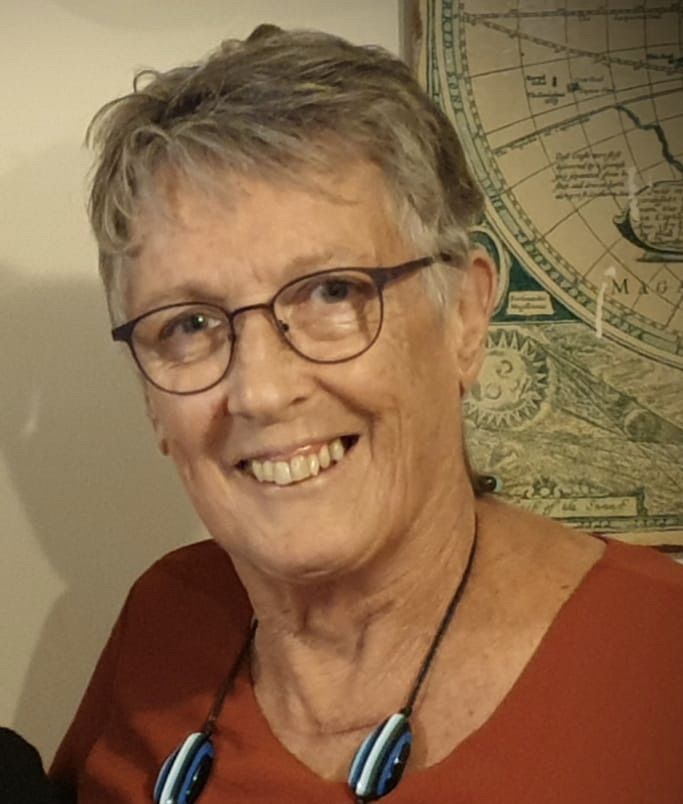
Written by
Raewyne Bary (EdD)
Raewyne has an ENORMOUS amount of experience and knowledge in ECE, Primary Caregiving and RIE philosophy. Not only that, but Raewyne has completed a PhD, and her research focus was on the impact of organisational culture on the ability of teachers to form attachment type relationships.
It was through this mahi that Raewyne deepened her understanding of how rosters can and do impact on relationship development.Raewyne was also part of the team at Massey University Childcare Center who was a leader in the field at implementing primary care giving, and who has shown us all that we can in fact work without rosters in an infant toddler space, and that this is best practice for this age group.
She has also been part of a three year Center of Innovation research project which explored leadership impacts on outcomes for infants and toddlers. This was further connected to the center's community of practice philosophy where the team worked without rosters, in a primary care system.
Share your thoughts...

Need more?
Never miss a blog
Join our mailing list and keep up to date with new releases
Thank you!



